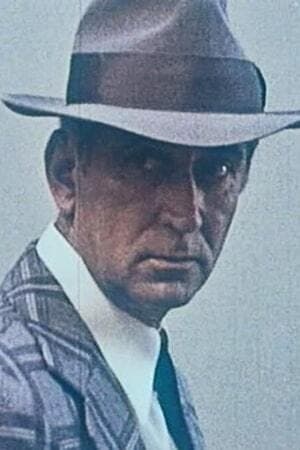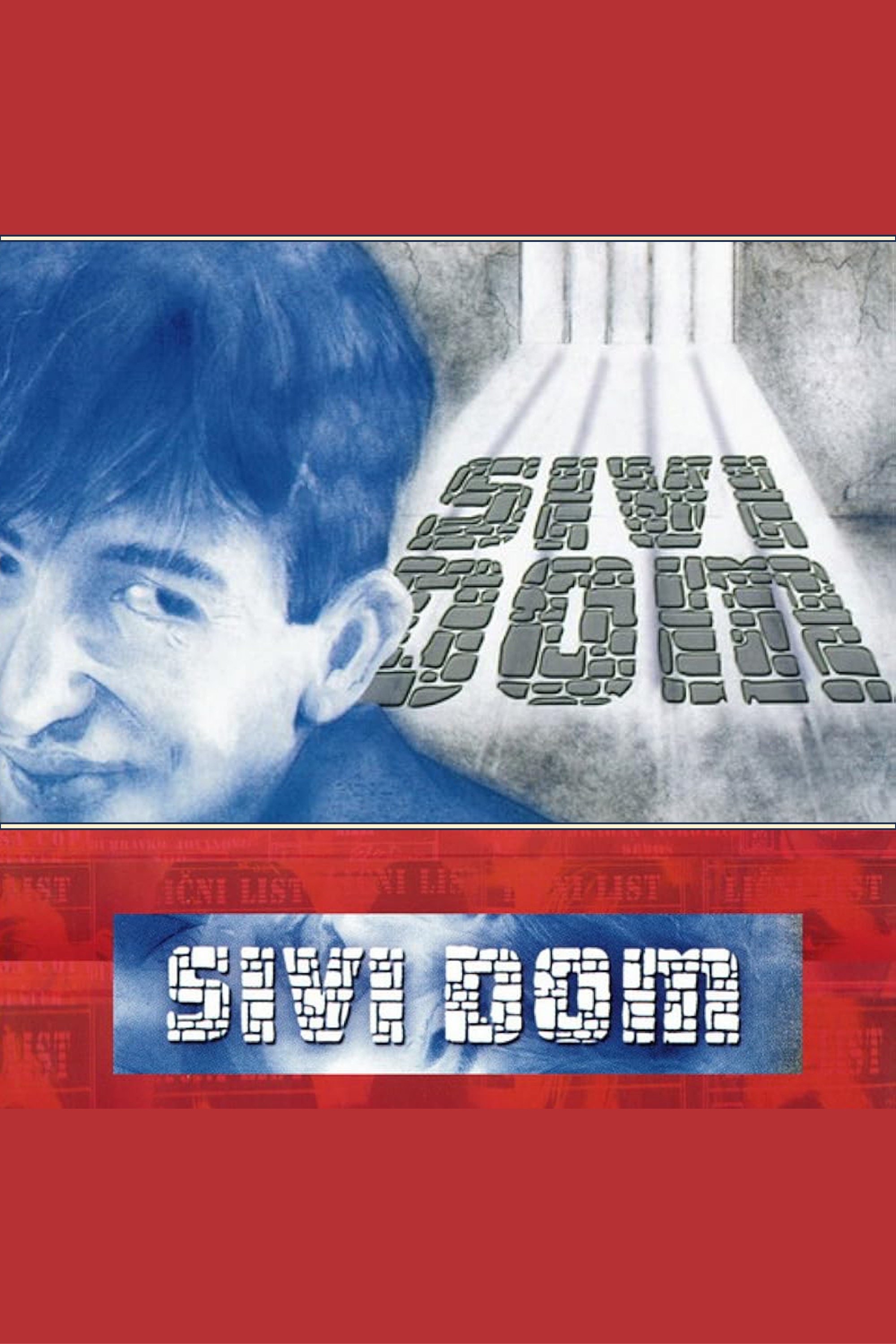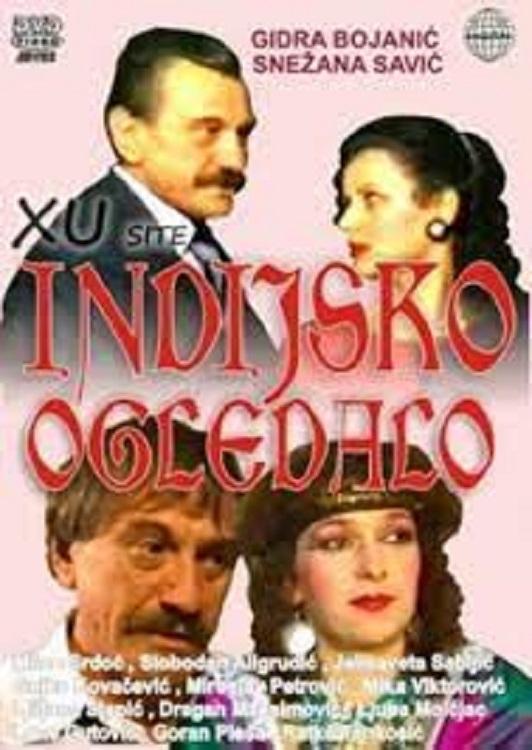

A moving story about the residents of correctional facility, rejected by parents and environment. Going through a strict regimen of life in the home, they are constantly trying to reverse the fate in their favor. Although they were given a chance to change, their actions always return to the beginning. Constantly on the border between personal whims and once-in-a-lifetime opportunity to become humans, they remain as wolves who find hard to change their mood. What finally remains is a perpetual dilemma whether their fate is innate, or is it forced by the communities in which they grew up...

Summer of 1972, a small group of fanatical Croatian nationalists, trained and equipped by extreme emigrant organizations, infiltrated the territory of former Yugoslavia with intent to organize an uprising against Tito's regime. This series, very loosely based on true events, depicts the manhunt that followed.

A village handball team gets close to the promotion to the top flight, but three of its residents try to ensure the success by bribing the referee.
Slobodan Aligrudić was a Serbian actor known for some of the most memorable roles in the history of former Yugoslav cinema. He earned prominence as a thespian in Belgrade's Atelje 212 Theatre, but to a wider audience he is best known for his memorable character portrayals on film. Some of those roles were achieved in classic films of former Yugoslav cinema, including Love Affair: Or the Case of Missing Switchboard Operator. Due to his distinctly coarse look, most of his roles were stern authority figures, but he always managed to give them a breath of humanity. One of the best examples is Maho, a father character in Emir Kusturica's 1981 coming-of-age drama Do You Remember Dolly Bell?. Aligrudić worked with Kusturica again in his 1985 celebrated drama When Father Was Away on Business, in which he played an UDBA agent in charge of protagonist's "re-education". He died shortly after that film won Palme d'Or at the Cannes Film Festival and shortly after the death of his long-time colleague Zoran Radmilović. This event led many former Yugoslav film critics to say that "heaven had received a huge boost".
By browsing this website, you accept our cookies policy.